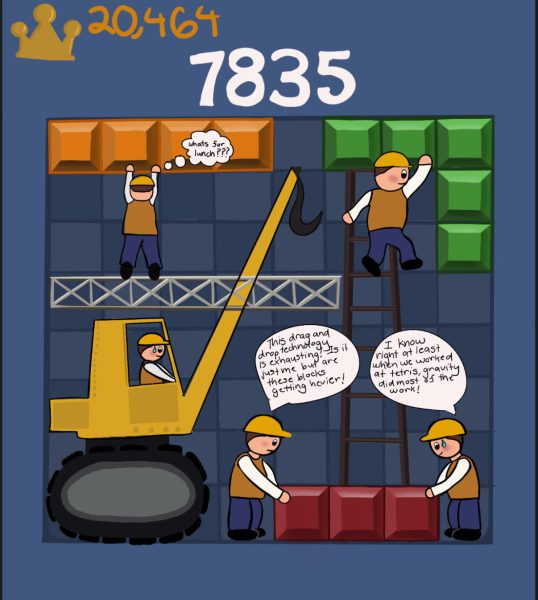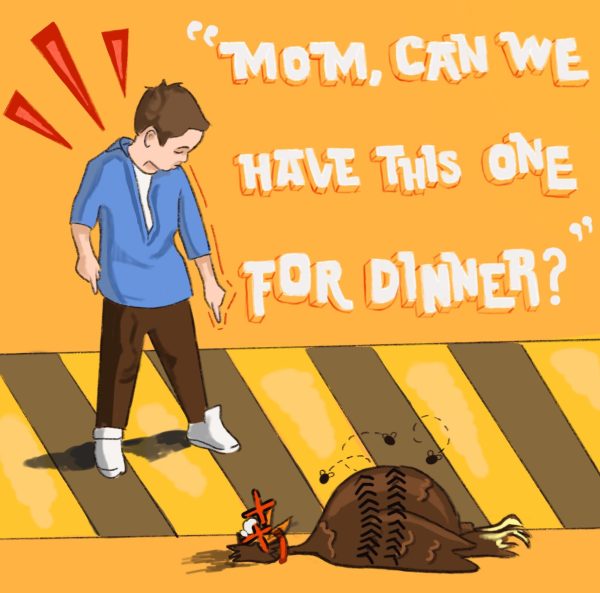Alexa, the shopaholic
Amazon Echo Speaker orders by merely listening to your TV
Imagine waking up one morning and accidentally becoming the owner of an antique doll collection, or having a near to lifetime supply of Froot Loops at your doorstep.
These days, because technology has bridged the gap between laziness and getting the things we want, we are able to purchase items with a click of a mouse.
Technology has even acquired the ability to place orders or find the answers to our math homework that’s due in the next half an hour.
But is technology all that smart?
Amazon’s Echo Speaker, better known as Alexa, is just an example of today’s many technologies that is capable of doing quite the normal: ordering pizza, streaming music, booking cabs, among other activities.
But recently it seems that Alexa has been engaged in some retail therapy that was uncalled for.
In Texas, a six-year old girl’s aspirations were unintentionally fulfilled when Alexa bought a $170 dollhouse and four pounds of sugar cookies. The reason: When a commercial for Kid Kraft Sparkle Mansion was airing on TV, a comment in the ad itself stated, “Alexa ordered me a dollhouse.”
Alexa accordingly reacted to the wake word, mistaking the remark as a command, and placed the order instantly.
Alexa is capable of integrating her voice-activation ability for any sort of usage, and it is always listening. This includes recording sounds for a stretch of 60 seconds.
Potentially, this could mean that someone listening to their TV with the volume cranked up could be the new owners of “Home Alone 2” on VHS, or find themselves with a one-way ticket to Guatemala.
When this information spread, people went crazy.
Amazon did reach out, commenting that it was unlikely that random orders would go through completely. Even so, with accidental orders, one could always send them back easily with no dilemma whatsoever. But with a significant amount of concern, Amazon came up with a solution.
From now on, Echo owners must ask Alexa to purchase an item and confirm the question with an answer of ‘yes’ if they are intentionally choosing to buy the product.
As for the dollhouse and the sugar cookies, they found a home with pediatric patients at the Dallas Hospital. It looks like the products that were unaccounted for did have a happy ending after all.




